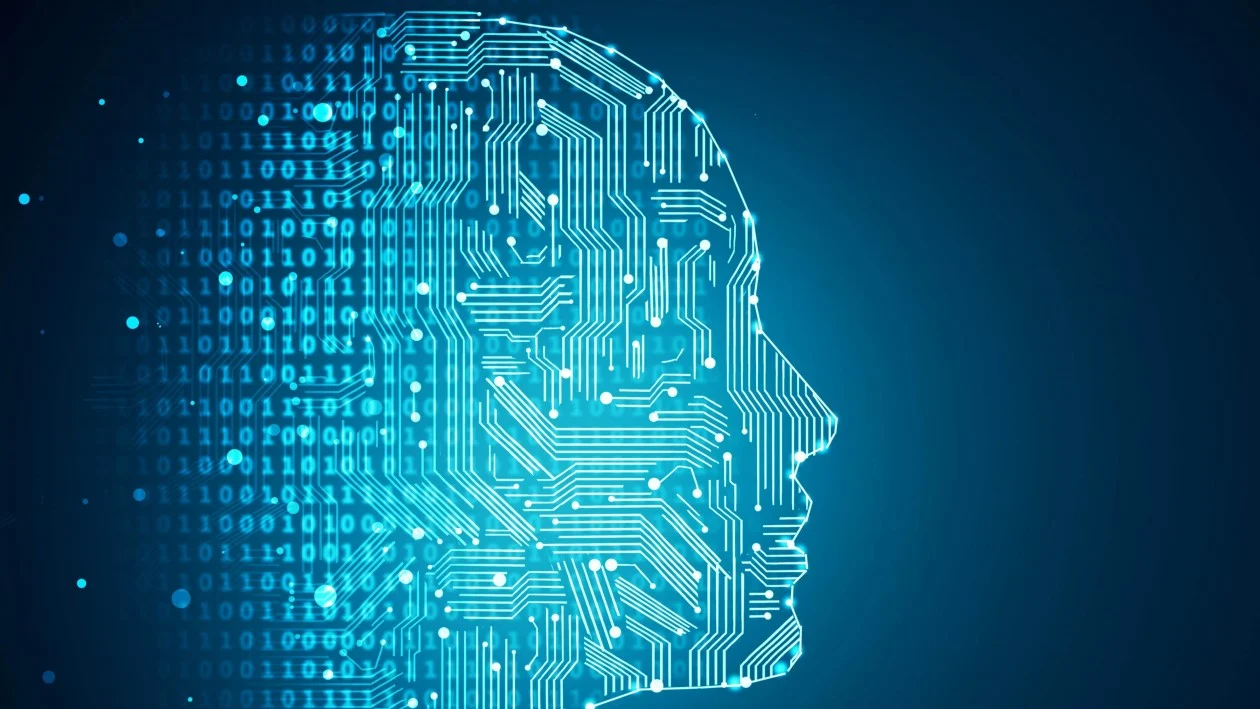In the fast-paced modern world, the demand for personal productivity has never been higher. Fortunately, the integration of artificial intelligence (AI) into virtual assistants has revolutionized how individuals manage their time, tasks, and daily routines. From organizing schedules to automating repetitive tasks, AI-powered virtual assistants empower users to optimize their productivity and focus on what matters most.
One of the key features of AI-driven virtual assistants is their ability to streamline communication and information management. Through natural language processing (NLP) algorithms, these assistants can interpret spoken or written commands, understand context, and execute tasks accordingly. Whether scheduling appointments, setting reminders, or sending emails, virtual assistants like Siri, Google Assistant, and Amazon Alexa enable users to manage their communication effortlessly, freeing up valuable time for more meaningful activities.
Moreover, AI-powered virtual assistants offer intelligent task management and organization capabilities. By integrating with calendars, to-do lists, and project management tools, these assistants can prioritize tasks, set deadlines, and provide reminders to ensure nothing falls through the cracks. Through machine learning algorithms, virtual assistants learn from user behavior and preferences, adapting their recommendations and suggestions over time to better align with individual needs and preferences.
In addition to managing tasks and communication, AI-driven virtual assistants excel at automating repetitive workflows and simplifying complex processes. By leveraging APIs and integrations with third-party services, these assistants can perform a wide range of tasks autonomously, from ordering groceries to booking travel accommodations. Furthermore, through voice-controlled interfaces and smart home devices, users can delegate tasks and control their environment hands-free, enhancing convenience and efficiency.
Furthermore, AI-powered virtual assistants enhance personal productivity by providing personalized insights and recommendations. By analyzing user data and behavior patterns, these assistants can offer tailored suggestions for improving productivity, managing stress, and achieving work-life balance. Whether recommending meditation exercises, suggesting productivity hacks, or providing motivational reminders, virtual assistants empower users to optimize their habits and routines for peak performance.
Ultimately, AI-driven virtual assistants represent a paradigm shift in how individuals manage their personal productivity in the digital age. By harnessing the power of AI to automate tasks, streamline communication, and provide personalized assistance, virtual assistants enable users to reclaim their time, reduce cognitive load, and focus on activities that bring value and fulfillment to their lives. As AI technology continues to advance, the potential for virtual assistants to enhance personal productivity will only continue to grow, ushering in a future where everyone can achieve their goals with greater ease and efficiency.
